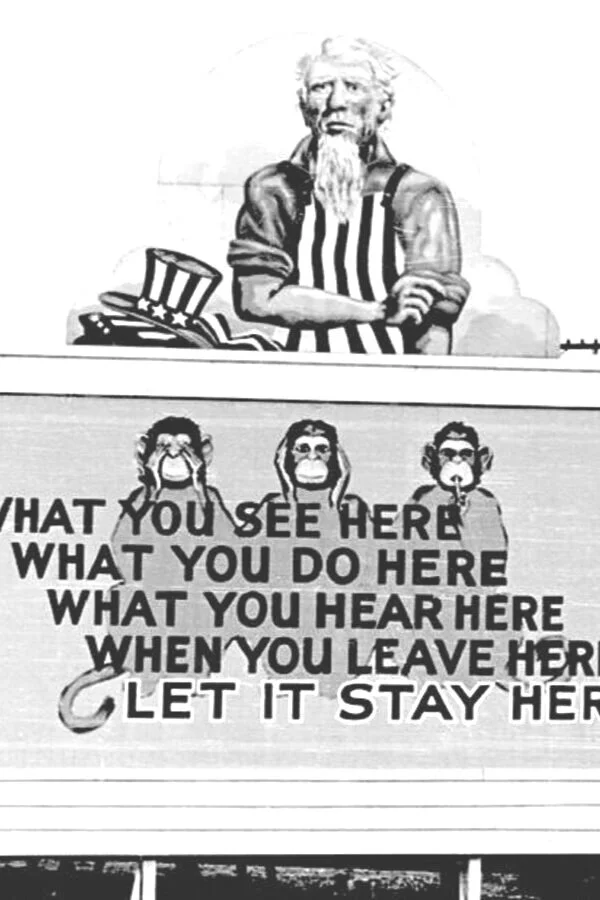My research flips the causal arrow in psychological international relations, investigating the structural and environmental forces that shape human psychology.
The psychology of power in world politics
My core agenda investigates the psychological consequences of power in international politics, introducing a “first image reversed” approach to international security. Behavioral IR typically investigates psychology from the “bottom-up,” like the effects of different personalities on international outcomes. We have overlooked that relative state power changes human psychology from the system-level down.
IR theory suggests that power begets state security. At the level of decision-makers, by contrast, the sense of power seems to inflate threat perception. Beyond elites, the effects of state power shape the mass public, increasing hawkish foreign policy attitudes.
Moral psychology and the nature of international relations
My second body of top-down psychological work challenges conventional IR’s understanding of the effects of anarchy. IR theory typically maintains that anarchy forces leaders to set aside moral concerns to achieve security. Drawing on moral and evolutionary psychology, we find the opposite: it is not despite anarchy but because of anarchy that humans have a moral sense. Our moral impulses affect threat perception, support for conflict, and concerns for status.
Psychological IR in an era of expanding data availability
My methodological agenda applies statistical techniques to measure psychological phenomena “at a distance.” World leaders seldom respond to our surveys. Individuals often hesitate to report their prejudiced beliefs. These measurement problems, among others, motivate my work that uses text data to better capture the perceptions that underpin politics, such as threat perception among Cold War elites and implicit racial biases among the mass public.


